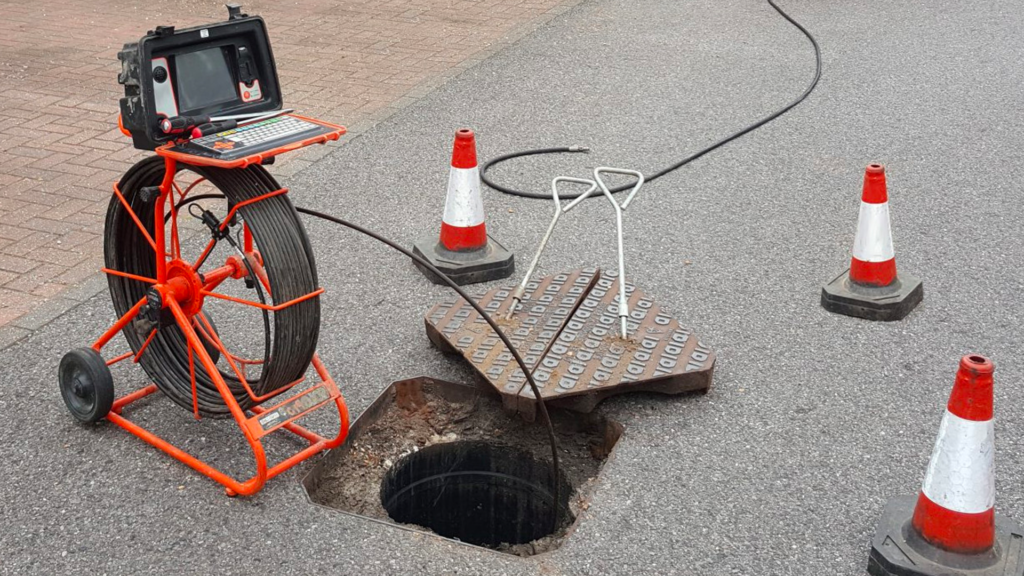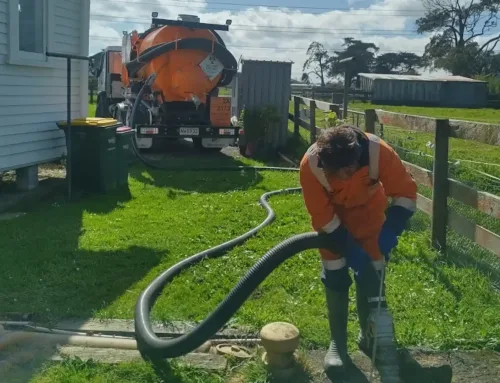Unknown Facts About Reclaim Waste
Unknown Facts About Reclaim Waste
Blog Article
Not known Facts About Reclaim Waste
Table of ContentsThings about Reclaim WasteGetting My Reclaim Waste To WorkSome Of Reclaim WasteWhat Does Reclaim Waste Do?How Reclaim Waste can Save You Time, Stress, and Money.
Domestic sewer waste refers to the waste and products from a domestic septic storage tank. The proper management and disposal of domestic sewage waste call for liquid waste to be transferred to a sewage therapy plant where the appropriate techniques and devices are applied to purify and dispose of waste.
Business waste often consists of possible dangers, such as combustible products or a blend of liquid and solid waste products, and needs an advanced and detailed disposal process. The disposal of commercial waste normally entails the filtration of waste before transportation to guarantee risk-free and proper disposal. Industrial waste is produced from results and drainage of industrial procedures and production.
This sort of waste can not utilize the exact same sewer monitoring transport or processes as septic or commercial fluids. The industrial waste administration process needs the assessment and screening of fluid waste prior to it undertakes the disposal process (liquid waste disposal). Drainage waste is the liquid waste that comes from runoff and excess stormwater in extremely inhabited locations or cities
Drainage waste can create contamination and flooding if not taken care of correctly. Making sure appropriate waste administration can stop disasters and minimize environmental injury.
Unknown Facts About Reclaim Waste
Get in touch with PROS Services today to find out regarding our waste administration and disposal solutions and the appropriate ways to look after the liquid waste you generate.
(https://trello.com/w/reclaimwaste1/)This so-called 'wastewater' is not just a crucial source however, after therapy, will be launched to our land, waterways or the ocean. Made use of water from commodes, showers, baths, cooking area sinks, laundries and commercial processes is recognized as wastewater.

water utilized to cool equipment or tidy plant and equipment). Stormwater, a type of wastewater, is overflow that moves from agricultural and urban areas such as roofings, parks, yards, roads, courses and seamless gutters into stormwater drains, after rainfall. Stormwater streams untreated directly to local creeks or rivers, ultimately getting to the ocean.
The Facts About Reclaim Waste Uncovered
In Queensland, most wastewater is dealt with at sewage therapy plants. Wastewater is carried from residential or industrial sites with a system of drains and pump terminals, known as sewerage reticulation, to a sewage therapy plant. City governments construct, keep have a peek at these guys and operate most sewage treatment plants. Operators are licensed under the Environmental Management Act 1994 to discharge treated wastewater at an acceptable environmental requirement into rivers.
The Department of Natural Resources suggests regional governments regarding handling, operating and maintaining sewerage systems and therapy plants. In unsewered areas, city governments may require owners to mount individual or family sewer therapy systems to treat domestic wastewater from commodes, kitchens, restrooms and washings. The Division of Natural Resources authorizes using house systems when they are verified to be reliable.
In some new neighborhoods, treatment of some stormwater to remove trash, sand and gravel has started using gross pollutant catches. Wastewater treatment takes place in 4 phases: Removes strong matter.
Wastewater then moves into big storage tanks where solids resolve and are eliminated as sludge. Oil and scum are skimmed from the surface. Makes use of tiny living microorganisms called micro-organisms to break down and get rid of remaining liquified wastes and fine bits. Micro-organisms and wastes are incorporated in the sludge. Gets rid of nitrogen and phosphorus nutrients that can cause algal blossoms in our waterways and endanger aquatic life.
How Reclaim Waste can Save You Time, Stress, and Money.
Nutrient removal is not offered in any way sewer therapy plants because it requires expensive specialized tools. It is ending up being extra common in Queensland. Clear liquid effluent produced after therapy might still have disease-causing micro-organisms. If this effluent is launched right into waterways such as rivers or the sea, the micro-organisms will eventually pass away out.

This generally means wastewater needs to be dealt with or pollutants eliminated prior to it can be discharged to rivers. The majority of wastewater moves right into the sewerage system. Under the Act, local governments carry out authorizations and permits for eco relevant tasks (Periods) involving wastewater launches that may have a regional effect. The department carries out authorizations and licences to ERAs entailing wastewater releases that could have a local or statewide impact.
A Biased View of Reclaim Waste
Otherwise, samples are considered lab evaluation. Commonly several tests are required to develop the levels of each of the different pollutants such as oils, heavy metals and pesticides in water. Tracking provides factual info concerning water high quality and can verify that permit problems are being met. The info gotten via tracking provides the basis for making water quality decisions.
Report this page